




The annual course selection process at our Islamic school is a time of great anticipation and opportunity. Exploring our diverse course offerings allows students to envision their educational journeys, filled with growth and enlightenment. Our Academic Program is the cornerstone of the Senior School experience, designed to challenge and support our students in an environment that fosters more than just academic progression from Grades 9 to 10. It is a journey towards self-discovery and spiritual enlightenment.
Learning can sometimes be challenging, and not all lessons come easily. Therefore, resilience is essential for our students. They should embrace risk-taking and understand the importance of overcoming obstacles as they navigate through the Senior School. While our faculty and staff provide steadfast support, students are encouraged to cultivate a resilient mindset. We also emphasize the importance of respecting teachers and peers, ensuring that our classrooms are safe, welcoming spaces for all.
Our Academic Program plays a crucial role in preparing our students for the world beyond graduation and promoting the development of responsible habits essential for personal and academic success. As you select your courses, be inspired by the possibilities that lie ahead. Know that we are committed to delivering an exceptional Academic Program to help shape your future learning experiences. We wish all our students the very best in this exciting endeavor.
Warm regards,
 Director
Director
This handbook serves as a valuable tool for course planning for the 2024–25 academic year. It contains crucial academic policies, detailed course descriptions, advice on annual opportunities and requirements, and worksheets designed to assist in your planning and decision-making process.
The 2024–25 school year promises both change and continuity. Our community will experience modifications in our learning environments with the expected completion of the new Senior School campus buildings and renovations of the existing structure. These innovations, building on our strong foundation, will enhance the variety of experiences and deepen the learning across our community. While these changes will be unfamiliar to many, we will maintain our commitment to resilience, humility, and empathy as we navigate these developments together.
Iqra Islamic School offers a dynamic and diverse educational environment that’s designed to engage and excite high school students. Our teachers use advanced teaching methods to deepen your engagement and spark your curiosity. You’ll experience a variety of learning styles, such as working in groups, participating in discussions, conducting guided inquiries, combining online and classroom learning, applying critical thinking, and engaging in hands-on activities. These methods help you develop a passion for learning and discover your unique strengths and interests. We value diverse ways of understanding and encourage you to find your own voice and direction. At Iqra Islamic School, you’ll learn to become more independent and embrace the core values that guide our community.
Iqra Islamic School launched its high school program in 2023 and is set to introduce the Grade 10 class in September 2024. While courses for grades 11 and 12 will not be available in September 2024, they are included in this handbook to provide a preview of potential future course offerings.
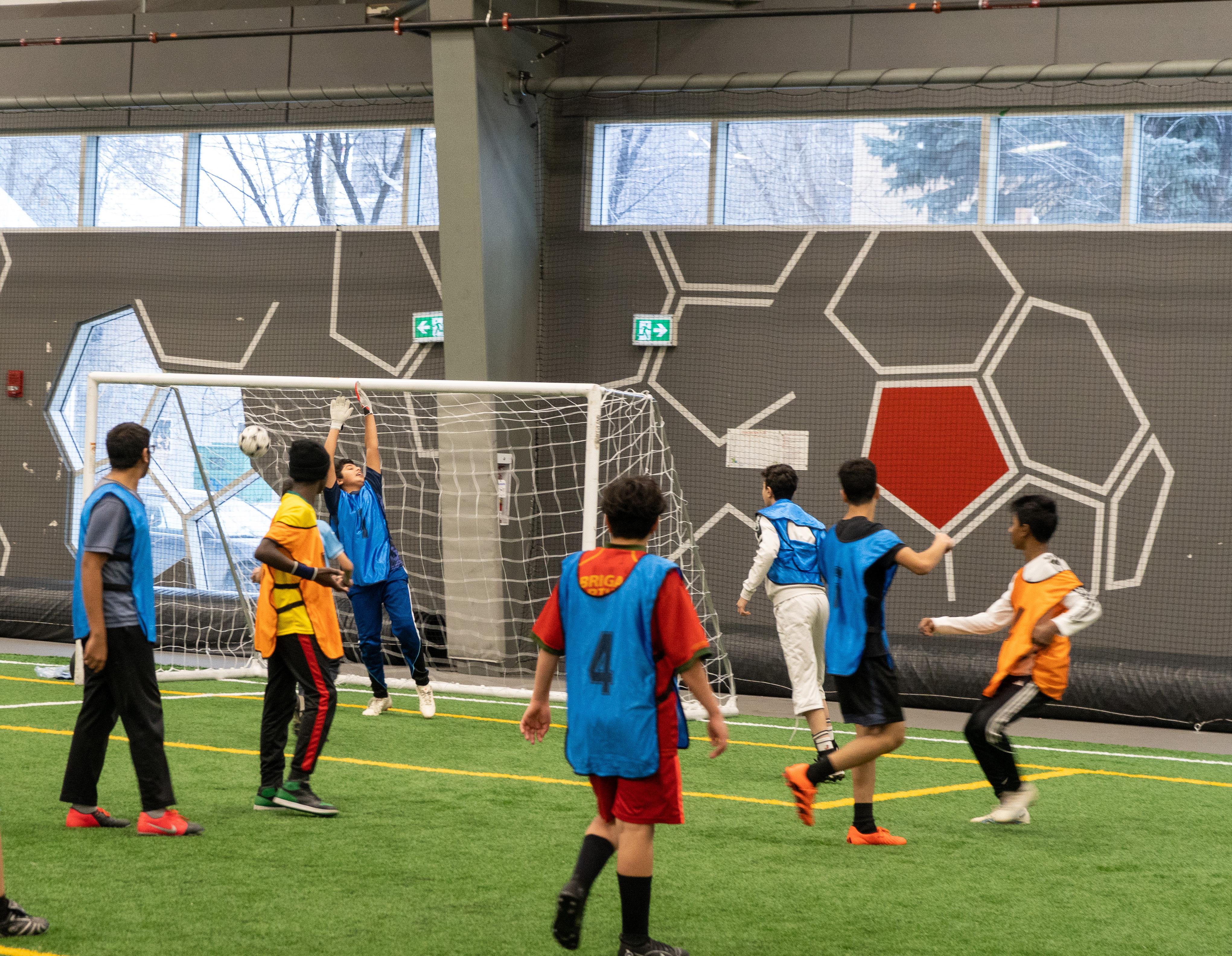
Course planning and selection is a community-wide effort at Iqra Islamic School, and we’re excited to support you throughout this reflective and goal-setting journey. The timelines and processes for the 2024-25 school year have been carefully prepared. Should any unexpected changes arise, we will keep parents and students informed by email.
• Read the 2024-2025 Academic Handbook
• Check Graduation Requirements Checklist
• Attend in-person information sessions (as offered)
• Submit course selection worksheets by May 31, 2024 at 4 PM CDT via Microsoft Form
• Receive full course schedule on August 15, 2024
• Read the 2024-2025 Academic Handbook
• Check Graduation Requirements
Checklist
• Be familiar with the course information and selection process to support your child’s decision-making.
During the course selection orientation session in the last week of April, a hard copy of the course selection worksheet will be distributed. A digital version is also available on IqraNET. Please submit the completed course selection worksheet by May 31, 2024.
The Academic Handbook includes all courses offered by Iqra Islamic School as of the date of publication. Use this guide as your starting point to explore each course. You can learn about each course by reading its description and understanding the type of course.
FIRST CHARACTER
1 — courses developed for Grade 9
2 — courses developed for Grade 10
3 — courses developed for Grade 11
4 — courses developed for Grade 12
SECOND CHARACTER
0 — courses developed by Manitoba Education and Early Childhood Learning for one (1.0) credit
5 — courses developed by Manitoba Education and Early Childhood Learning for a half (0.5) credit
1 — courses developed by schools or school divisions and registered by Manitoba Education and Early Childhood Learning (includes school-initiated courses and student-initiated projects)
2 — courses developed externally by an educational authority (International Baccalaureate and Advanced Placement courses) and, in the case of dual credit, the post-secondary institution (college or university)
THIRD CHARACTER
G — General: Educational programming or courses with no department-developed curricula such as school-initiated courses (SICs).
F — Foundation: Educational programming that is broadly based and appropriate for all students, and that may lead to further studies beyond Senior Years (e.g., apprenticeship, college, and university).
S
— Specialized: Educational programming in specialized areas leading to further studies beyond Senior Years (e.g., apprenticeship, college, and university).

Graduation is obtained through the successful completion of 30 credits in the four-year senior program. All courses have one (1.0) credit value unless otherwise indicated. The charts below summarize graduation requirements for our students. Some courses are required in addition to Manitoba Education’s requirements for graduation.
A total of 26 credits from mandatory courses are required for graduation. The remaining 4 credits must be earned through elective courses, completing the 30 credits needed for the Manitoba high school diploma.
Below is a list of elective courses available for credit. Please note that in addition to meeting Manitoba Education graduation requirements, elective courses in Islamic Studies and Arabic are mandatory at Iqra Islamic School. The availability of these elective courses is contingent upon student interest, staff resources, and the constraints of the school schedule.
*Indicates an additional Iqra Islamic School requirement that is in addition to Manitoba Education requirements.
**Courses are currently in development, more information will be provided to registrants via email in May 2024.

Students in grades 9 and 10 will receive their own Apple MacBook Air. At Iqra Islamic School, we are committed to integrating modern technology into our educational practices to enhance learning and prepare our students for the digital age. Each student in grades 9 and 10 will be equipped with their own Apple MacBook Air for use in-school. This initiative is designed to provide students with the tools necessary for a dynamic and interactive learning experience. Whether it’s researching, creating presentations, or engaging in innovative software applications, the laptops will be central to daily educational activities. This investment also reflects our dedication to ensuring that students are proficient with up-to-date technology and are prepared for future academic and professional environments.
At Iqra Islamic School, each student is assigned their own email account, which serves as a vital communication tool within our educational ecosystem. This school-provided email facilitates direct and secure interactions between teachers and administration. It ensures that students receive important school announcements, access educational resources, and participate in school-related activities. Students have access to Microsoft Outlook, Word, PowerPoint, Excel, and more. Do not share your password with anyone.
IqraNet serves as the digital backbone of Iqra Islamic School, streamlining school management and communication. This comprehensive platform enhances the educational experience by facilitating seamless interactions between students, teachers, and parents. IqraNET will display your schedule, current grades, assessments, upcoming school events, and a lot more. To access IqraNET, simply sign in using your school-provided email.
Crowdmark is a cutting-edge digital grading platform adopted by Iqra Islamic School to enhance the way students receive feedback on their work. This tool allows teachers to efficiently evaluate assignments and provide detailed, actionable feedback directly to students. The intuitive interface of Crowdmark enables students to easily access their graded work and teacher comments.

Students must enroll in at least the minimum number of credit-bearing courses at each level, as detailed in the following pages (refer to the Senior School Program Chart on page 11 for a summary). Graduation requires a minimum of 30 credits. Additional credits can be earned through options such as Special Language Credit or Summer Session courses offered by other educational institutions. Students interested in having these credits recorded on their Iqra recorded on their Iqra transcripts should contact the Head Office for information on required documentation and necessary evidence.
On June report cards, students in Middle and Senior School (Grades 7-10) are recognized based on their final year-end averages. Those achieving an average between 80% and 87.9% receive Honours II, while those with an average of 88% and higher receive Honours I. Please note that courses taken outside of Iqra, such as Special Language Credit and summer school, are not included in the calculation of these averages unless specified by the Head Office. For any inquiries regarding these designations, please contact the Head Office.
Promotion from Grade 8.
All students will be required to obtain 9 credits at the Grade 9 level. Five of these courses are mandated by Manitoba Education, and two are mandated by Iqra Islamic School:
• Canada in the Contemporary World 10F (1.0 credit)
• English 10F (1.0 credit)
• Mathematics 10F (1.0 credit)
• Physical Education/Health Education 10F (1.0 credit)
• Science 10F (1.0 credit)
• Islamic Studies 11G (1.0 credit)
• Arabic 11G (1.0 credit)
Grade 9 students have the opportunity to select two (2) courses based upon interest. Students indicate their interest using the course selection worksheet. Iqra will attempt to provide students with their first or second choice. Note that Islamic Studies 11G and Arabic 11G are mandatory electives.
Selection 1 Selection 2
Islamic Studies 11G* (1.0 credit)
Arabic 11G* (1.0 credit)
Business Innovations 10S (1.0 credit)
Life/Work Exploration 10S (1.0 credit)
Visual Arts 10S (1.0 credit)
Electricity/Electronic Technology 10G (1.0 credit)
Islamic Studies 11G* (1.0 credit)
Arabic 11G* (1.0 credit)
Business Innovations 10S (1.0 credit)
Life/Work Exploration 10S (1.0 credit)
Visual Arts 10S (1.0 credit)
Electricity/Electronic Technology 10G (1.0 credit)
*Note that Islamic Studies 11G and Arabic 11G are mandatory electives.
Recommended eight (8.0) Manitoba High School credits (or equivalents) earned in Grade 9.
All students will be required to obtain 9 credits at the Grade 10 level. Five of these courses are mandated by Manitoba Education, and two are mandated by Iqra Islamic School:
• English 20F (1.0 credit)
• Geographic Issues of the 21st Century 20F (1.0 credit)
• One of Mathematics (Introduction to Applied and Pre-Calculus Mathematics (20S) or Essential Mathematics (20S) (1.0 credit)
• Physical Education/Health Education 20F (1.0 credit)
• Science 20F (1.0 credit)
• Islamic Studies 11G (1.0 credit)
• Arabic 11G (1.0 credit)
Grade 10 students have the opportunity to select two (2) courses based upon interest. Students indicate their interest using the course selection worksheet. Iqra will attempt to provide students with their first or second choice. Note that Islamic Studies 21G and Arabic 21G are mandatory electives.
Selection 1
Islamic Studies 21G* (1.0 credit)
Arabic 21G* (1.0 credit)
Personal Finance 20S (1.0 credit)
Entrepreneurship 20S (1.0 credit)
Life/Work Planning 20S (1.0 credit)
Visual Arts 20S (1.0 credit)
Computer Science 20S (1.0 credit)
Electricity/Electronic Technology 20G (1.0 credit)
Selection 2
Islamic Studies 21G* (1.0 credit)
Arabic 21G* (1.0 credit)
Personal Finance 20S (1.0 credit)
Entrepreneurship 20S (1.0 credit)
Life/Work Planning 20S (1.0 credit)
Visual Arts 20S (1.0 credit)
Computer Science 20S (1.0 credit)
Electricity/Electronic Technology 20G (1.0 credit)
*Note that Islamic Studies 11G and Arabic 11G are mandatory electives.
Communicating student progress is a crucial aspect of our program. We have designated reporting periods, examinations, and scheduled conferences for students, parents, and teachers as detailed below. If parents need to meet with teachers or administrators outside these scheduled times, they are encouraged to reach out to the administrator to arrange an appointment.
Month
September-June
December
March
May
June
Assessment and Reporting
Grades uploaded to IqraNET for viewing
Term 1 Report Cards
Student/Parent/Teacher Meetings
Term 2 Report Cards
Student/Parent/Teacher Meetings
Final exams
Term 3 Report Cards


Business Innovations is an introductory course that allows students to sample the various strands within the applied commerce education program. The course offers students the opportunity to explore commerce-related topics, such as economics, entrepreneurship, business, marketing, technology, and finance. Throughout the course, students will apply the concepts and strategies they learn to a variety of creative business projects or simulations. It is the suggested introduction to all of the other courses offered in the applied commerce education subject area.
Personal Finance focuses on developing fundamental financial literacy skills, including the value of money, basic economics, budgeting, saving, financial institution services, and investing. This is especially relevant to high school students, since they are entering the workforce and are considering future purchases that require financial planning, such as buying a car, travelling, or pursuing post-secondary education. Since financial literacy is a life skill, this course is a good option for all students.
Accounting Essentials helps students gain an understanding of basic accounting. With an emphasis on accounting for a service business, students will apply their knowledge and skills to complete the stages of the accounting cycle. Accounting Essentials provides the fundamentals of accounting and is a good choice for students who plan to further their finance studies in Accounting Systems (0310). Students interested in pursuing post-secondary studies in any business discipline will benefit considerably by completing this course.
Accounting Systems is an extension of Accounting Essentials (0309). It includes an introduction to financial analysis and corporate accounting. With an emphasis on accounting for a merchandising business, students will apply their knowledge and skills to complete the stages of the accounting cycle. The skills acquired in this course are not only useful when pursuing a career in business or accounting, but essential for everyday life.
Economic Principles focuses on both microeconomic and macroeconomic principles including systems and structures, supply and demand, market Influences, the global market, and decision making related to economic factors. This course is designed for students wanting to learn more about how the economy impacts their personal and business decisions at a local, national, and global level. Students will learn more about their role in the economy and how economic conditions affect short- and long-term decision making. Since everyone is a participant in our economic system, all students would benefit from taking this course. It is also an excellent course for student interested in pursuing post-secondary studies in the area of business, accounting, or economics.
Entrepreneurship focuses on developing the foundational skills and ideas needed to plan and develop a business. This course is relevant to high school students since many are already involved in their communities, and are starting to recognize various needs and opportunities in their areas. Students begin by evaluating innovation, inventions, and innovative ideas. They learn the process of planning, marketing, and implementing a venture. This course is designed for students interested in business principles related to the ownership and management of a business.
Venture Development builds upon the concepts and ideas studied in Entrepreneurship (0319). Students focus on planning, creating,implementing, evaluating, and growing their own business venture. Venture Development is designed for students interested in starting their own business and in furthering their knowledge of business ownership and management principles.
Business Management focuses on developing skills in planning, leading, organizing, controlling, and staffing. Students will study various management styles and participate in activities related to human resources, inventory, finance, and project management. This course is designed for students interested in furthering their knowledge of management strategies used in various settings and furthering their knowledge of business ownership.
Business Communications focuses on communication skills and techniquesthat are essential in business. Students will develop effective written, verbal, interpersonal, and visual comunication skills. They will also learn how to use current technologies to create communications that are clear, concise, and designed for business. Business Communications is designed for students interested in pursuing post-secondary studies in the business field. It is also a desirable course option for future entrepreneurs or any individual who wants to develop effective workplace communication skills.
Applied Business Technologies focuses on integrating advanced software features commonly used in business. This course is designed for students interested in learning about collaboration, digital communication, and customization of presentation software to create, edit, and manage business documents, using advanced features of word processing, spreadsheet, and database applications. Topics also include multimedia elements such as creating and manipulating images, graphics, videos, and animations. Applied Business Technologies is designed to improve students’ transferable skills, which will increase their success in the business world.
Business Communications focuses on communication skills and techniquesthat are essential in business. Students will develop effective written, verbal, interpersonal, and visual comunication skills. They will also learn how to use current technologies to create communications that are clear, concise, and designed for business. Business Communications is designed for students interested in pursuing post-secondary studies in the business field. It is also a desirable course option for future entrepreneurs or any individual who wants to develop effective workplace communication skills.
Applied Business Technologies focuses on integrating advanced software features commonly used in business. This course is designed for students interested in learning about collaboration, digital communication, and customization of presentation software to create, edit, and manage business documents, using advanced features of word processing, spreadsheet, and database applications. Topics also include multimedia elements such as creating and manipulating images, graphics, videos, and animations. Applied Business Technologies is designed to improve students’ transferable skills, which will increase their success in the business world.
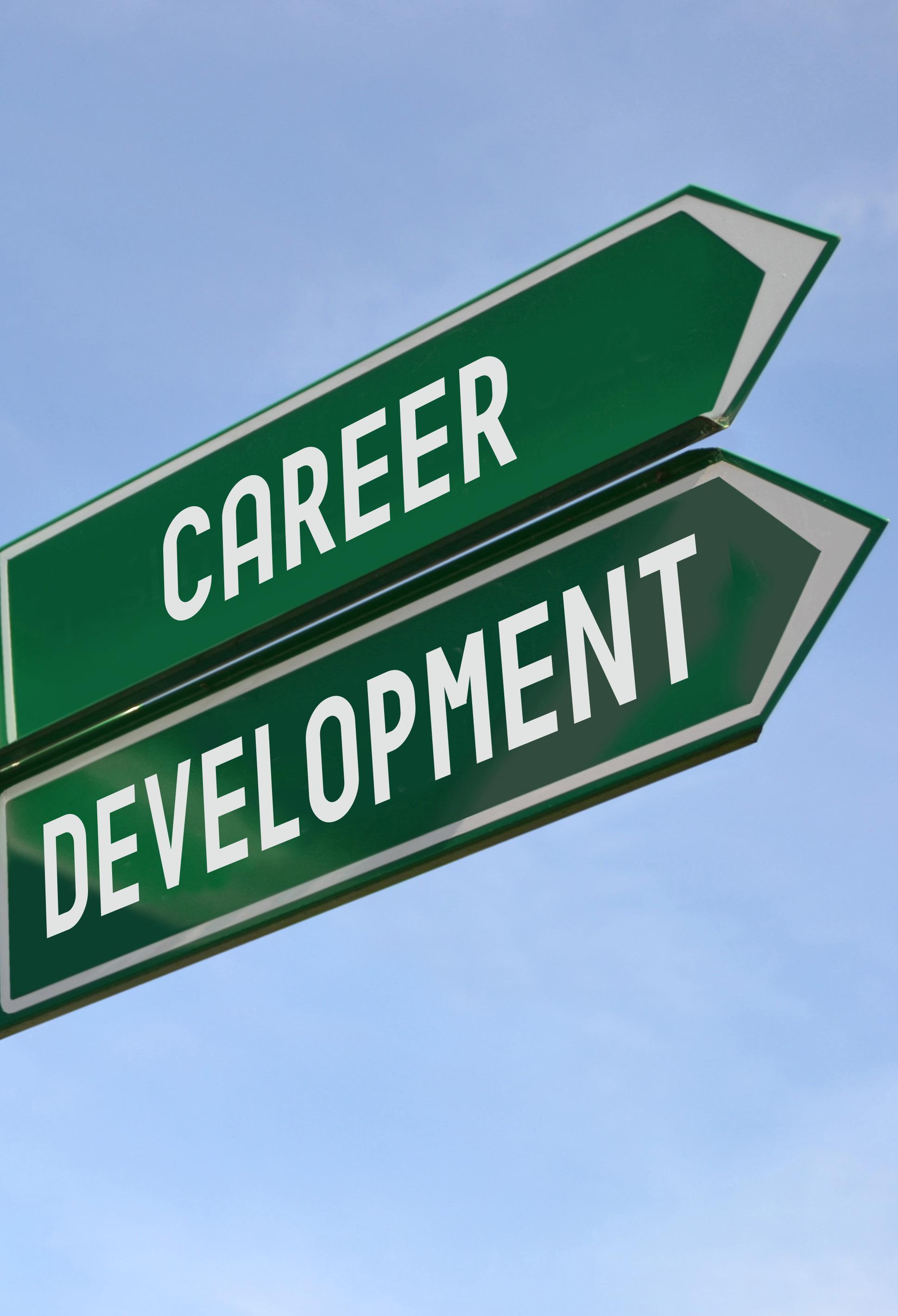
The Life/Work Exploration course aims to bridge classroom learning with the realities of the workplace and labor market. This course offers students a comprehensive overview of career development, focusing on cultivating positive self-esteem, self-assessment, accessing employment information, building resumes, and choosing relevant high school courses. Students will investigate potential careers, develop employability skills, and discover emerging fields through presentations from industry experts. Additionally, the course emphasizes developing essential skills in effective communication, teamwork, and leadership.
Life/Work Planning 20S equips students with career development skills to explore various career options in both professional and trade sectors. The course encourages all students to evaluate their strengths, needs, and interests, and to explore a wide array of opportunities as they navigate their educational journeys. Emphasis is placed on self-assessment, focusing on unique talents, interests, and skills, as well as cultivating positive self-esteem. Utilizing diverse learning methods such as guest lectures and hands-on activities, students will learn to identify, investigate, and pursue educational, work, and community goals, preparing them for the 21st Century workforce.
Life/Work Building 30S offers students a chance to explore various career paths. Initially, the course takes place in the classroom, covering topics such as self-assessment, career exploration, job-hunting techniques, resume writing, interview skill enhancement, and acquiring work experience through volunteer placements. Students will also complete a minimum of 40 hours in a work placement, which can be included on their resume to enhance future job opportunities.
Students will engage in an 80-hour work experience placement designed to prepare them for post-secondary education and the transition from high school to the workforce. Those who have not previously taken Life/Work Building 30S will start the course in the classroom to ready them for this work placement. Upon completing the course, students will be equipped to enhance their resumes with new skills, volunteer experiences, and work references.
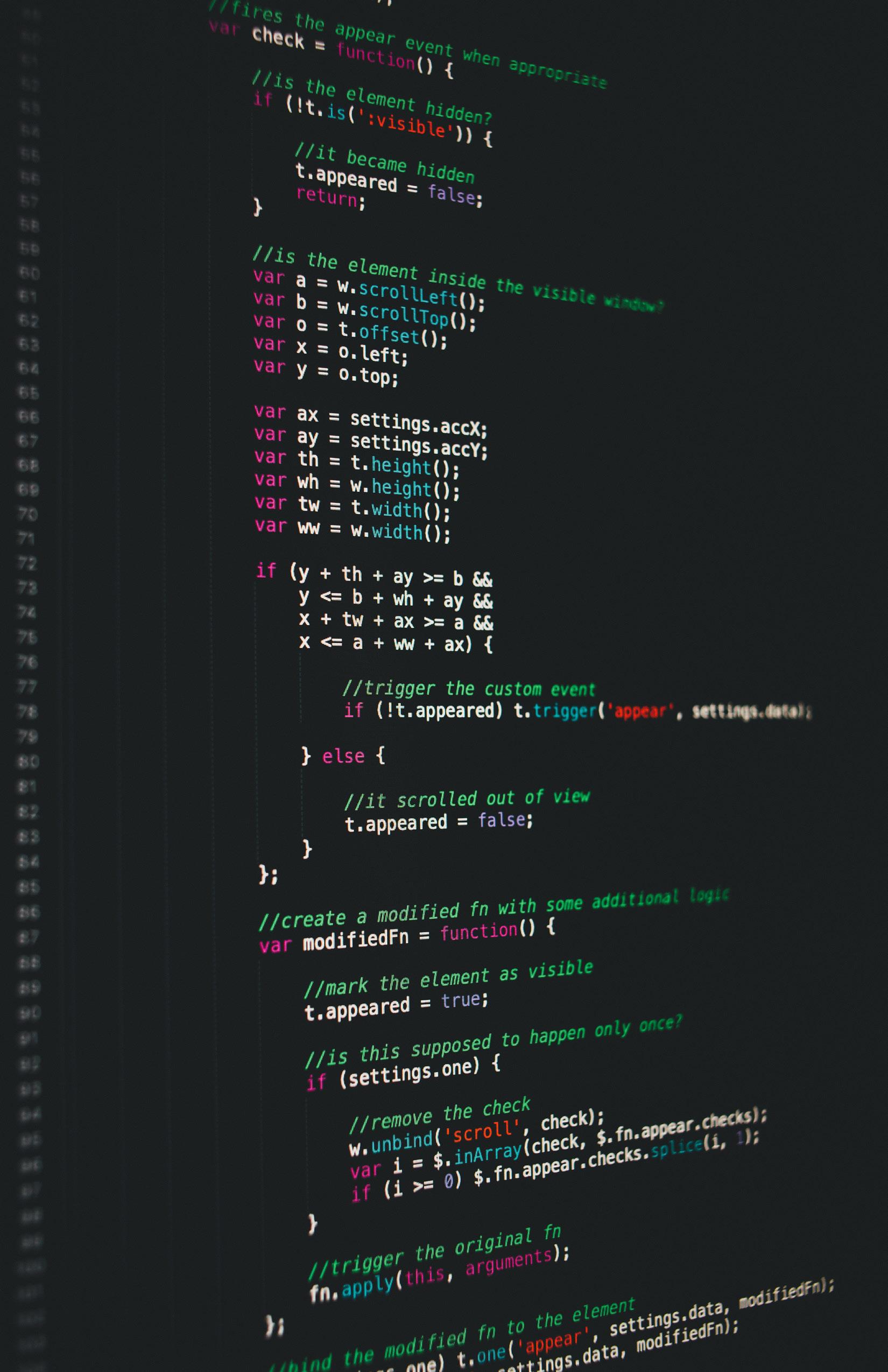
This introductory course focuses on fundamental programming skills applicable to game development and other software applications. Students will enhance their programming abilities using a current programming language and gain insights into the technology underlying modern computer hardware. The course emphasizes problem-solving, as students will design and implement software solutions to a diverse array of problems using advanced programming techniques. Key areas of study include:
• Graphic User Interface
• Linear Programming Constructs
• Branching and Selection Constructs
• Object-Oriented Programming
• Sub-Programs
• Iterative (Looping) Programming Constructs
Additional Information: Computer Science 20S is tailored for students with a robust academic background and strong mathematical problem-solving skills. It is a prerequisite for Computer Science 30S.
Prerequisite: Introduction to Coding (Computer Science) 20S
This intermediate course delves into more sophisticated data structures and enhances students’ programming expertise using a contemporary programming language. Additionally, it explores the technology underpinning modern computer hardware. Students will further develop their problem-solving skills as they design and implement software solutions for complex issues using a wide array of programming techniques. Areas of study include:
• Graphic User Interface
• Linear Programming Constructs
• Subprograms with Parameters
• Strings
• Arrays (One-Dimensional and Parallel)
• Algorithms (Sorting and Searching)
Prerequisite: Intermediate Coding (Computer Science) 30S
This project-based computer programming course mirrors real-world industry standards by providing a structured environment where students can enhance their programming skills and develop project management capabilities within a team setting. Students will undertake the conception, design, planning, and implementation of a substantial software project, such as a game or database, involving collaboration among multiple developers. The course covers a variety of topics, including:
• Strategies for independent learning, communication, and teamwork
• Current trends in Information and Communication Technology (ICT)
• Societal and environmental issues related to ICT
• Ethics in technology
• Project management techniques
• Independent learning of new programming languages
• Problem-solving strategies
• Advanced programming concepts:
• Sequential and Random Access Files
• Object-Oriented Programming
• Recursion
• Two-Dimensional Arrays
• Algorithm Analysis
• Sorting and Searching Algorithms
This course is designed to prepare students for the complexities of professional software development, emphasizing both technical skills and soft skills critical to successful project completion.

This is an introductory electronics course that is designed for the student who has little or no experience in this field of study. Through project based learning, students will be introduced to basic electronic theory, simple components, circuits and a variety of construction processes and applications.
Students will learn:
• General shop safety/tool and equipment safety
• Basic manufacturing processes (3D printer technology)
• Electronic components and testing equipment
• Electronic theory and general applications
• Game design
• Construction of an intrusion alarm
Special Note: Students will require a calculator, pen/pencil, binder, and safety glasses.
This course emphasizes practical project construction, focusing specifically on the design and execution phases. Key topics include:
• Circuitry
• Schematic Representation
• Digital Meter Reading
• Resistance and Colour Codes
• Capacitance
• Inductance
• Transformers
• Rectification
• Power Supply Applications
This course is ideal for individuals curious about the workings of electronic devices, those interested in troubleshooting and repairing everyday electrical devices, and anyone considering a career in electrical or electronic technology or engineering.
Prerequisite: Successful completion of Electricity/Electronics 20G is required.
This course is structured into two main components: theory and practical application. The theoretical component delves into semiconductors, exploring devices such as diodes, transistors, and integrated circuits. Students will have the opportunity to experiment with each device, and they are expected to demonstrate basic knowledge and understanding of these devices, as well as proficiency in their practical application. Additionally, the course provides an introduction to alternating current circuitry and control systems.
Additional Information: Active participation, a positive attitude, and safety glasses are mandatory for this course. Safety glasses are available for purchase either from the instructor or an external supplier.
Prerequisite: Successful completion of Electricity/Electronics 30S is required.
This course is divided into two key components: theoretical and practical. The theoretical segment concentrates on semiconductors, covering components such as diodes, transistors, and integrated circuits. Students will have opportunities to experiment with each type of device. They are expected to demonstrate not only a basic knowledge and understanding of these devices but also the ability to apply this knowledge in practical scenarios. The course also introduces students to alternating current circuitry and control systems.
Additional Information: Active participation, a positive attitude, and safety glasses are mandatory. Safety glasses can be purchased either from the instructor or from an external supplier.
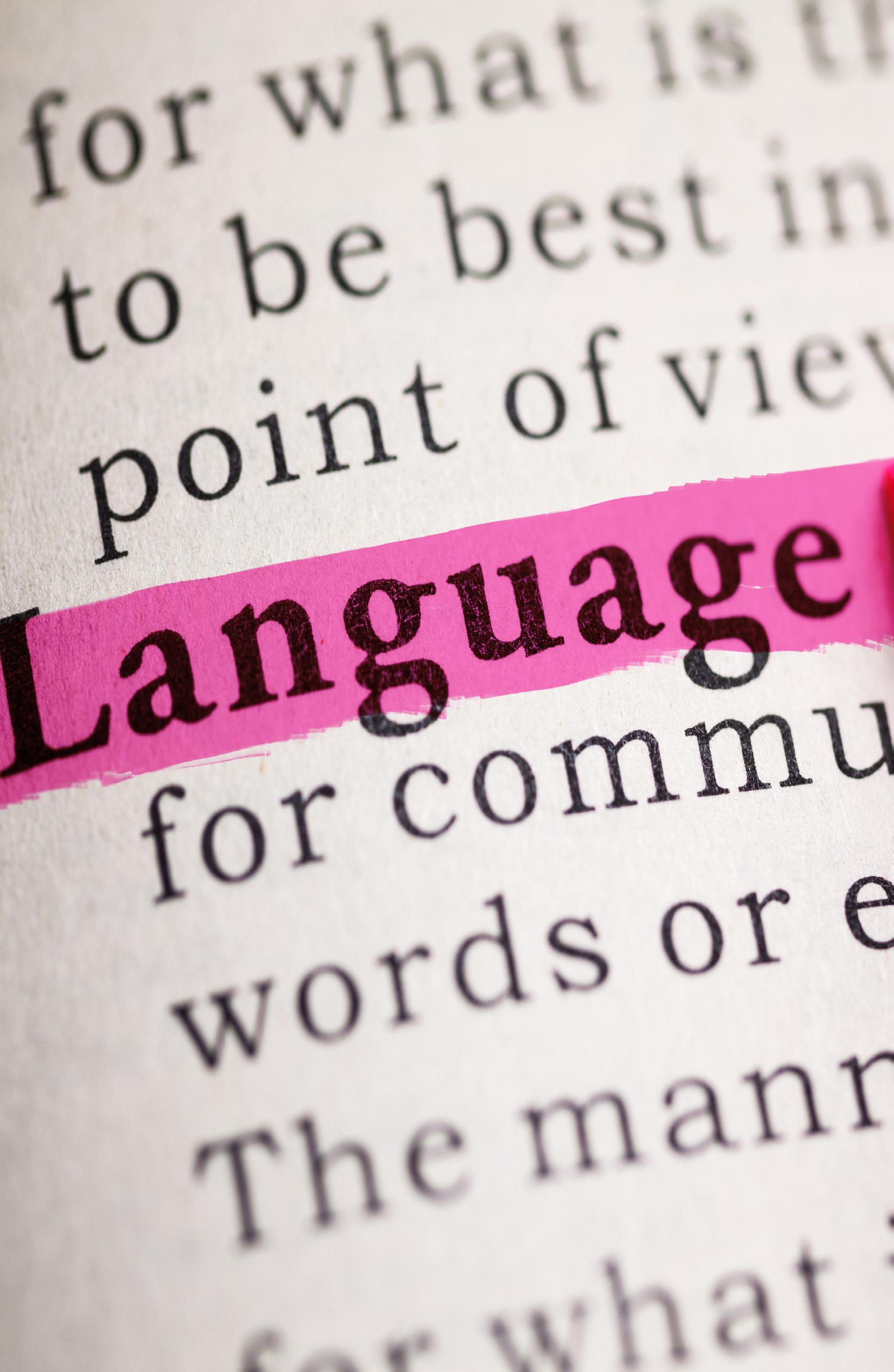
The Arabic Language 11G course equips students with skills to proficiently read, write, and speak Arabic, addressing multicultural community needs. This curriculum diverges from the provincial standard to offer an integrated approach, combining language acquisition with an introduction to Arabic culture and history, with an aim to enhance communication skills and cultural understanding.
Currently in development. More information will be communication by email to registrants by the end of May 2024.
English Language Arts
10F is a required course for all grade 9 students and involves all aspects of language development. Students will develop knowledge of, and skill in: reading, writing, listening, speaking, viewing and representing, in order to meet the grade 9 curricular outcomes.
1. Explore thoughts, ideas, feelings, and experiences.
2. Comprehend and respond personally and critically to literary and media texts.
3. Manage ideas and information.
4. Enhance the clarity and artistry of communication.
5. Celebrate and build community.
Various texts will be used in the course, and may include novels, poetry, short stories, plays, film and non-fiction.
English Language Arts 20F is a required course for all grade 10 students and involves all aspects of language development. Students will further develop knowledge of and skill in reading, writing, listening, speaking, viewing and representing in order to meet the grade 10 curricular outcomes.
Outcomes:
• Explore thoughts, ideas, feelings, and experiences
• Comprehend and respond personally and critically to literary and media texts
• Manage ideas and information
• Enhance the clarity and artistry of communication
• Celebrate and build community
Various texts will be used in the course and may include novels, poetry, short stories, plays, film/media and non-fiction.
The concepts and outcomes of English Language Arts 30S will help students learn to think critically and to function more effectively within their community. They will examine issues that are relevant to their lives and focus on everyday applications of language. Students will be exposed to materials to further develop their literacy skills and enable them to respond to, and interact with, a variety of pragmatic and aesthetic texts. Pragmatic texts may include newspapers, documentaries, television, magazines, the Internet, film and novels. Aesthetic texts set out to appeal to the imagination, senses and feelings and may include novels, modern drama, Shakespeare, poetry, film, short prose and media.
English 40S combines elements of the literary and transactional uses of language with equal emphasis. Concepts and outcomes will be studied to further help students enhance their critical thinking ability and enable them to function more effectively within their community. Students will be exposed to a variety of text forms that will further develop their literary skills and enable them to respond more effectively to and interpret texts. The E40S focus includes activities such as research, oral presentations, group discussions, essay writing and journal writing. Students may study novels, poetry, film, short prose, drama, articles, documentary film, and television as a media construct.
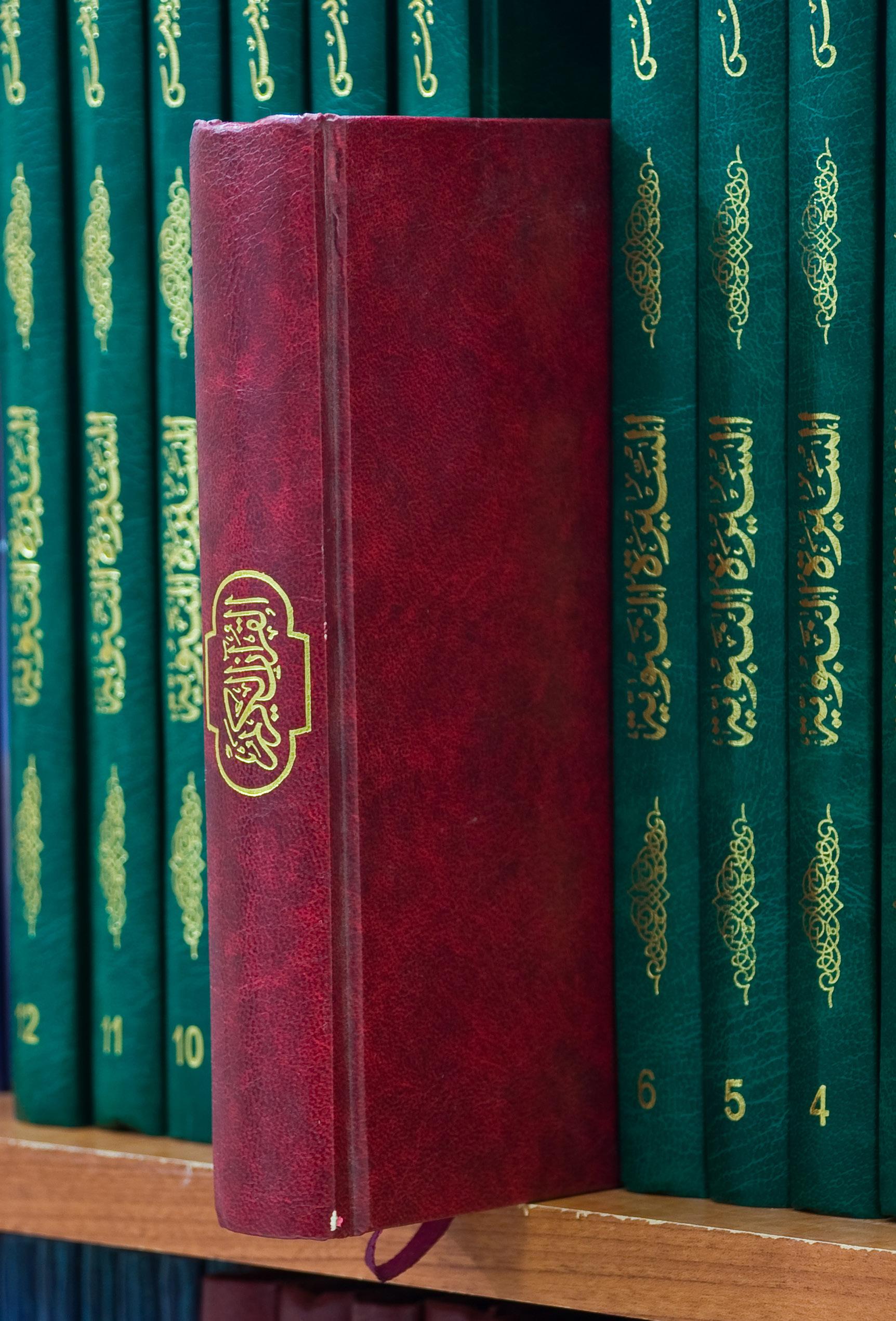
Islamic Studies 11G is designed to meet the unique needs of the student community. In the modern world, where students are exposed to diverse beliefs and philosophies, it becomes pivotal to provide them with a robust understanding of various religious and cultural heritage. This course offers a comprehensive perspective on Islam. Furthermore, by acquainting students with the rich history, teachings, and principles of Islam, it encourages them to become morally responsible and ethically grounded individuals. This, in turn, fulfills the community’s aspiration to nurture youth who are well-versed in the Islamic faith and can contribute positively to society.
While aligning with the educational standards of the province, Islamic Studies 11G differs significantly from courses provided by the province. Advanced topics such as the Islamic Beliefs, Islamic jurisprudence, History of the Muslim World, an in-depth exploration of Islamic art and culture, and the development of critical thinking and reflection skills through the lens of Islamic studies. These elements are carefully integrated to provide a richer, more diverse learning experience that goes beyond the generic provincial curriculum, offering students a deeper, more nuanced exploration of Islamic Studies.
Currently in development. More information will be communication by email to registrants by the end of May 2024.

Grade 9 Mathematics prepares all students to continue mathematics studies in the following high school years. All students can benefit from a general understanding of mathematics for their personal and work-related use and for future plans, regardless of their career and/or post-secondary educational choices. Some of these students will need in-depth studies in mathematics for their post-secondary program and therefore will need to take specific Grades 10 to 12 mathematics courses.
Grade 9 Math contains the same four areas that have been studied since Kindergarten: the Number strand, the Patterns and Relationships strand, the Shape and Space strand and the Statistics and Probability strand. The topics studied in this course are:
• Number – Rational Number Sense, Powers and Exponents
• Patterns and Relations – Linear Relations and Polynomials
• Shape and Space – Circle Geometry, Symmetry and Similarity
• Statistics and Probability
In Grade 10, students continue their study of algebra and number sense, focusing on skills like factoring, working with algebraic fractions, solving equations, and understanding exponents, radicals, as well as rational and irrational numbers. The course introduces simple numerical trigonometry for right triangles, which students use to tackle various problems. Measurement applications cover surface area and volume calculations, using both SI and imperial units. Analytic geometry plays a crucial role in solving problems related to distance, midpoint, slope, and graphing lines and linear systems in two dimensions. Functions and relations are also introduced, with a particular focus on linear relations and linear modeling. Students in this course will need a scientific calculator.
The Grade 11 Mathematics curriculum emphasizes functions and relations, with a strong focus on quadratic functions, trigonometric equations, and solving quadratic, rational, radical, and absolute value equations. In trigonometry, students explore the three primary ratios of angles ranging from 0° to 360° and apply the sine and cosine laws to solve problems. Key topics also include linear and quadratic inequalities, systems of linear and non-linear equations, and an in-depth examination of arithmetic and geometric sequences and series. Students enrolled in this course will need a scientific calculator.
The Grade 12 Mathematics curriculum focuses on three primary areas: Trigonometry, Relations and Functions, and Permutations, Combinations, and the Binomial Theorem. In Trigonometry, students delve into the unit circle, radian measure, trigonometric equations, identities, and how to analyze and transform graphs of trigonometric functions. The Relations and Functions section covers operations, compositions, inverses, and transformations of algebraic functions, thorough analysis of logarithmic and exponential functions, and the factoring and graphing of polynomial functions. Lastly, the Permutations, Combinations, and the Binomial Theorem segment starts with the fundamental counting theorem, applies permutations and combinations to problem-solving, and ends with an exploration of the binomial theorem. Students in this course will need a scientific calculator.
Grade 10 Essential Mathematics (20S) is intended for students whose post-secondary planning does not include a focus on mathematics and science-related fields. Grade 10 Essential Mathematics (20S) is a one-credit course consisting of two half-credits each emphasizing consumer applications, problem solving, decision making, and spatial sense. Students are expected to work both individually and in small groups on mathematical concepts and skills encountered in everyday life in a technological society. Assessment of Grade 10 Essential Mathematics should be a balance of assessment for learning, assessment as learning, and assessment of learning.
Grade 11 Essential Mathematics (30S) is intended for students whose post-secondary planning does not include a focus on mathematics and science-related fields. Grade 11 Essential Mathematics is a one-credit course consisting of two half-credits each emphasizing consumer applications, problem solving, decision making, and spatial sense. Grade 11 Essential Mathematics builds on the knowledge and skills of Grade 10 Essential Mathematics and provides a foundation for the topics studied in Grade 12 Essential Mathematics. Students are expected to work both individually and in small groups on mathematical concepts and skills encountered in everyday life in a technological society.
Grade 12 Essential Mathematics (40S) is intended for students whose post-secondary planning does not include a focus on mathematics and science-related fields. Grade 12 Essential Mathematics (40S) is a one-credit course consisting of two half-credits each emphasizing consumer applications, problem solving, decision making, and spatial sense. Students are expected to work both individually and in small groups on mathematical concepts and skills encountered in everyday life in a technological society.
Prerequisite: Introduction to Applied & Pre-Calculus Math 20S
Grade 11 Applied Mathematics (30S) is an intensive course designed for students aiming for post-secondary programs that do not involve theoretical calculus. This course emphasizes problem-solving techniques applicable to real-world contexts, challenging students to mathematically model situations to predict outcomes and analyze data. Technology plays a crucial role in both the learning process and assessment within this course. Students will utilize graphing calculators and computer software for mathematical explorations, modeling, and problem-solving.
Course Content:
• Systems of Linear Inequalities
• Quadratic Functions and Equations
• Statistical Reasoning
• Properties of Angles and Triangles
• Trigonometry
• Proportional Reasoning
• Inductive and Deductive Reasoning
Prerequisite: Applied Math 30S with a minimum recommended grade of 65%
Grade 12 Applied Mathematics (40S) is a demanding and rigorous course designed for students aiming for post-secondary programs that do not involve theoretical calculus. Building on the concepts and skills from Applied Math 30S, this course continues to emphasize problem-solving techniques applicable to real-world situations. Students may engage in experiments and activities to collect data, which will then be used to develop and analyze mathematical concepts. Proficiency in both oral and written communication skills is expected.
Technology remains a crucial component of both learning and assessment in Applied Mathematics. Students will use graphing calculators or other computer software for mathematical explorations, modeling, and problem-solving. Post-secondary institutions that recognize Applied Mathematics 40S as an admission requirement expect students to have a solid understanding of the statistical concepts taught in Applied Mathematics 30S.
Course Content:
• Probability
• Personal Finance
• Functions
• Logic
• Permutations and Combinations
• Sinusoidal Functions
• Analysis of Games and Numbers
• Design and Measurement

The Grade 9 (10F) and Grade 10 (20F) Physical Education programs at Iqra Islamic School are structured around five key learning outcomes: movement, fitness management, safety, personal and social management, and healthy lifestyle practices. The overarching goal of the program is to encourage all students to lead physically active and healthy lives.
This mandatory full-credit course is designed to empower students to take control of their physical fitness, encouraging them to pursue activities that interest them and equipping them with the skills necessary for lifelong activity. The course comprises two equal parts: an IN-SCHOOL component and an OUT-OF-SCHOOL component, each making up 50% of the course. During in-school sessions, students will explore topics such as fitness management, mental health, substance use and abuse, leadership, and the social implications of sports. Outside the classroom, students will create detailed personal fitness plans and engage in a variety of lifelong fitness activities, which could include racquet sports, tennis, yoga/Pilates, ice skating, team sports, and fitness training.
The course is evaluated on a pass/fail basis, with students receiving either a Complete or Incomplete grade.
Parents or guardians must sign a Parent Declaration and Consent Form to approve the activities chosen by their child and to acknowledge their responsibility for risk management, safety, and supervision. They may also need to confirm their child’s physical activity entries through a sign-off procedure.
This compulsory full-credit course is structured to empower youth to take greater ownership of their physical fitness, encourage them to explore activities that spark their interest, and underscore the significance of committing to a lifelong healthy and active lifestyle. The course is bifurcated into two main segments: an IN-SCHOOL component (50% of the course) and an OUT-OF-SCHOOL component (50% of the course). During the IN-SCHOOL portion, students engage in a variety of activities and delve into topics such as fitness management, mental health, nutrition, personal and social management, leadership, and healthy relationships.
For the OUT-OF-SCHOOL portion, students are tasked with developing and executing a personal physical activity plan as part of their physical activity practicum, which accounts for the remaining 50% of the course. This segment includes learning about safety and risk management to minimize potential risks associated with their chosen activities.
The course is evaluated on a pass/fail basis, with students receiving either a Complete or Incomplete grade.
Parents or guardians must sign a Parent Declaration and Consent Form to approve the activities chosen by their child and to acknowledge their responsibility for risk management, safety, and supervision. They may also need to confirm their child’s physical activity entries through a sign-off procedure.

Grade 9 Science prepares all students to continue their study of science in the following high school years. All students will benefit from a general understanding of science for their personal lives and future plans, regardless of their career and/or post-secondary educational choices. Some of these students will need in-depth studies in science for their post-secondary program and therefore will eventually take specific Grades 11 and 12 science courses, such as Biology, Chemistry and Physics.
The topic areas studied in this Grade 9 course are:
• Reproduction (cellular development, genetics, stages of development)
• Atoms and Elements
• Nature of Electricity
• Exploring the Universe
Grade 10 Science prepares all students to continue their study of science in high school. All students benefit from a general understanding of science for their personal lives and future plans, regardless of their career and/or post-secondary educational choices. Some of these students will need in-depth studies in science for their post-secondary program and therefore will eventually take specific Grades 11 and 12 science courses, such as Biology, Chemistry and Physics.
The topic areas studied in this Grade 10 course are:
• Dynamics of Ecosystems
• Chemistry in Action
• In Motion (the Physics of Objects in Motion)
• Weather Dynamics
Grade 11 students at Iqra Islamic School must select at least one science course from the options available: Biology 30S, Chemistry 30S, or Physics 30S. Students have the opportunity to enroll in more than one science course if they wish.
Biology 30S primarily explores human body systems, with initial studies in biochemistry and cell structure and function. Chemistry 30S continues building on the foundational skills and knowledge from Grade 10 Science, covering topics such as the physical properties of matter, chemical nomenclature, mole relationships, chemical reactions, gas laws, solutions, stoichiometry, and organic chemistry. The Physics 30S program focuses on mechanics, examining properties of motion (time, displacement, velocity, and acceleration), dynamics (force applications, vector algebra, and Newton’s Laws of Motion), momentum, impulse, energy, and the laws of Conservation of Momentum and Energy.
These courses are designed to deepen understanding and prepare students for further studies in these fields.
At the Grade 12 level, students at Iqra Islamic School have the option to continue their studies in Biology, Chemistry, and/or Physics. It is recommended that students have demonstrated strong interest and capability in their Grade 11 courses before advancing to these more rigorous senior courses.
In Biology 40S, students will delve into patterns of heredity, human genetics, mutations, and protein synthesis. The course also covers broad surveys of the five kingdoms, taxonomy, evolution, and fundamental processes like cellular respiration and photosynthesis.
The Grade 12 Chemistry course builds upon the foundations laid in Grade 11, exploring topics such as the periodic table and atomic structure, physical properties of matter, chemical kinetics, chemical equilibrium, and various types of reactions including acid-base and oxidation-reduction.
Physics in Grade 12 focuses on electricity and magnetism, as well as waves and light, continuing to build on the principles studied in previous years.
These courses are designed to provide a comprehensive understanding and prepare students for future academic pursuits in these fields.
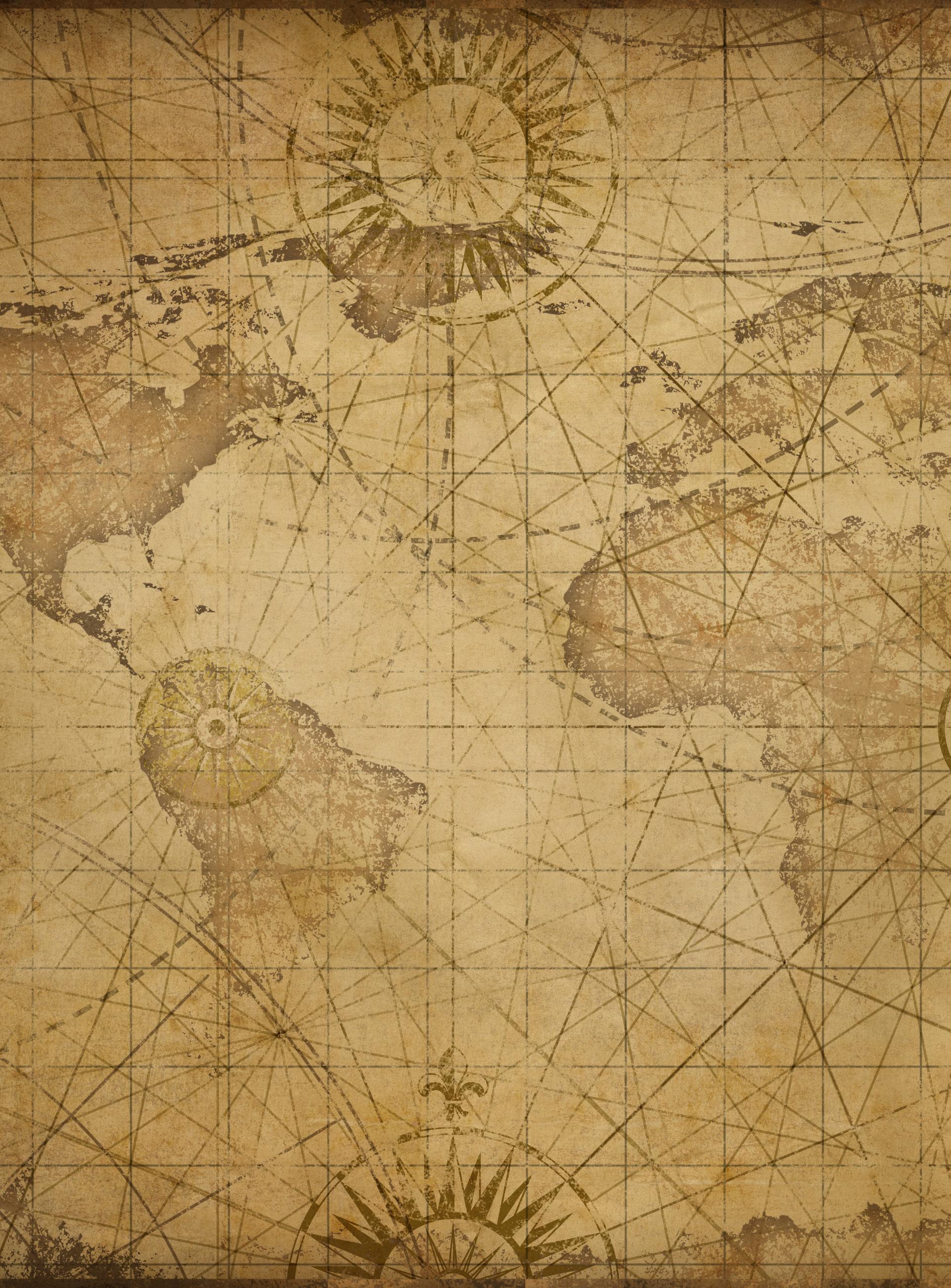
Grade 9 students focus on the opportunities and challenges at the core of Canada’s contemporary plurality. They begin with an overview of Canada today, including its demographics, geography, and political organization. They examine the evolving stories of interaction among the people of Canada, and the influence of the land on the development of Canada. They explore the historical and contemporary complexities of citizenship and identity, considering the challenges and opportunities that emerge when groups with differing identities and perspectives interact with one another. Contemporary Canadian questions and issues are examined within the global context. Students are given opportunities to explore how they may become involved in Canadian issues. Through this inquiry, they are enabled to become informed decision makers actively involved in their local, national, and global communities. Important student values and attitudes that are developed in Grade 9 include a commitment to democratic values, a willingness to take appropriate and ethical social action, and an appreciation of cultural diversity. Focus skills include critical thinking, informed decision making, consensus building, and skills related to negotiation in the exercise of active and responsible citizenship.
This course helps students explore the nature and importance of world geography. Students examine the importance of the environment and of responsible management of resources. They also become aware of how their personal choices affect social, political, and economic issues of today. Maps, charts and news articles are some of the ways students explore the course content. Students learn to communicate their ideas in writing and through oral presentations, maps and diagrams, websites, and other forms.
The course is divided into five areas of study:
• Geographic Literacy
• Natural Resources
• Food From the Land
• Industry and Trade
• Urban Places
This course helps Grade 11 students investigate aspects of Canadian history and understand the idea of citizenship. Students conduct research on guiding questions to learn about the history of Canada from before the arrival of Europeans to the present.
Students practice historical thinking and build an understanding of these themes in Canadian history:
• First Nations, Métis, and Inuit Peoples
• French-English Duality
• Identity, Diversity, and Citizenship
• Governance and Economics
• Canada and the World
Students explore the social, political, environmental, and economic impacts of various contemporary and emerging global issues. Their investigations center on questions of quality of life at local, national, and global levels. The course is grounded in the principles of active democratic citizenship, ecological literacy, critical media literacy, and ethical decision-making. It aims to integrate knowledge from different disciplines to empower students as agents of change for a sustainable and equitable future. An integral part of the course involves planning and executing a community-based action research project. Key topics of inquiry include media, consumerism, environmental challenges, poverty, globalization, Indigenous peoples, peace and conflict, and human rights.

Visual Arts is an elective course available to students in Grade 9 and Grade 10, designed to deeply engage them in the artistic process and personal creative expression throughout the academic year. The curriculum includes comprehensive studio projects, exploration of various media, critical analysis, and art appreciation. Students will maintain sketchbooks for assignments, engage in research projects, collaborate on works, participate in guest artist workshops, and experience enriching field trips that enhance their learning in the art room.
Building on the foundations laid in Visual Arts 10S, Visual Arts 20S offers a continuation for those who have previously taken art. Students who did not participate in the Grade 9 art course should consult with the teacher before choosing this option in Grade 10. The course will have students create artwork in a variety of media such as painting, drawing, sculpture, and collage, with a strong focus on skill, knowledge, and idea development using their sketchbooks. They will be exposed to historical and cultural examples of art, explore new artistic media, and delve into the principles and elements of art. Encouragement to make personal statements through their artwork and to engage with works by others will foster a dynamic learning environment.
Visual Arts 30S education encompasses a wide array of practices including drawing, illustration, and work with diverse materials like paper, canvas, and wood. This field also includes painting, sculpture, architecture, ceramics, installation art, digital art, printmaking, photography, filmmaking, video-making, animation, and crafts. Additional areas involve urban art, media arts, emerging technologies, folk art, textile art, calligraphy, stained glass, jewelry-making, graffiti, mosaic, graphic art, and both environmental and industrial art. It also anticipates new, yet-to-be-discovered or articulated forms. These practices provide various ways for students to interact with, understand, and interpret their world across different contexts within visual arts education.
Visual Art 40S challenges students to develop a critical and informed perspective on their artwork and facilitates their transition to independent learning. In this course, students are expected to take responsibility for most decision-making aspects of the creative process. They are encouraged to demonstrate a broad understanding of various artistic approaches, techniques, compositions, and subject matters. Additionally, students must effectively organize the necessary resources and learning strategies to creatively address visual problems they encounter. This level of study provides opportunities for students to explore personal interests, work with mediums that address specific issues, and refine their expressive styles. To demonstrate mastery, students must complete a specific number of quality artworks using various media and subject matters, with an option to substitute four projects for a 4-project Mini-Thesis centered on a personal theme. The course also emphasizes ongoing development in craftsmanship, composition, content, and sketchbook research, alongside active participation in artwork completion, critique sessions, and group critiques.
